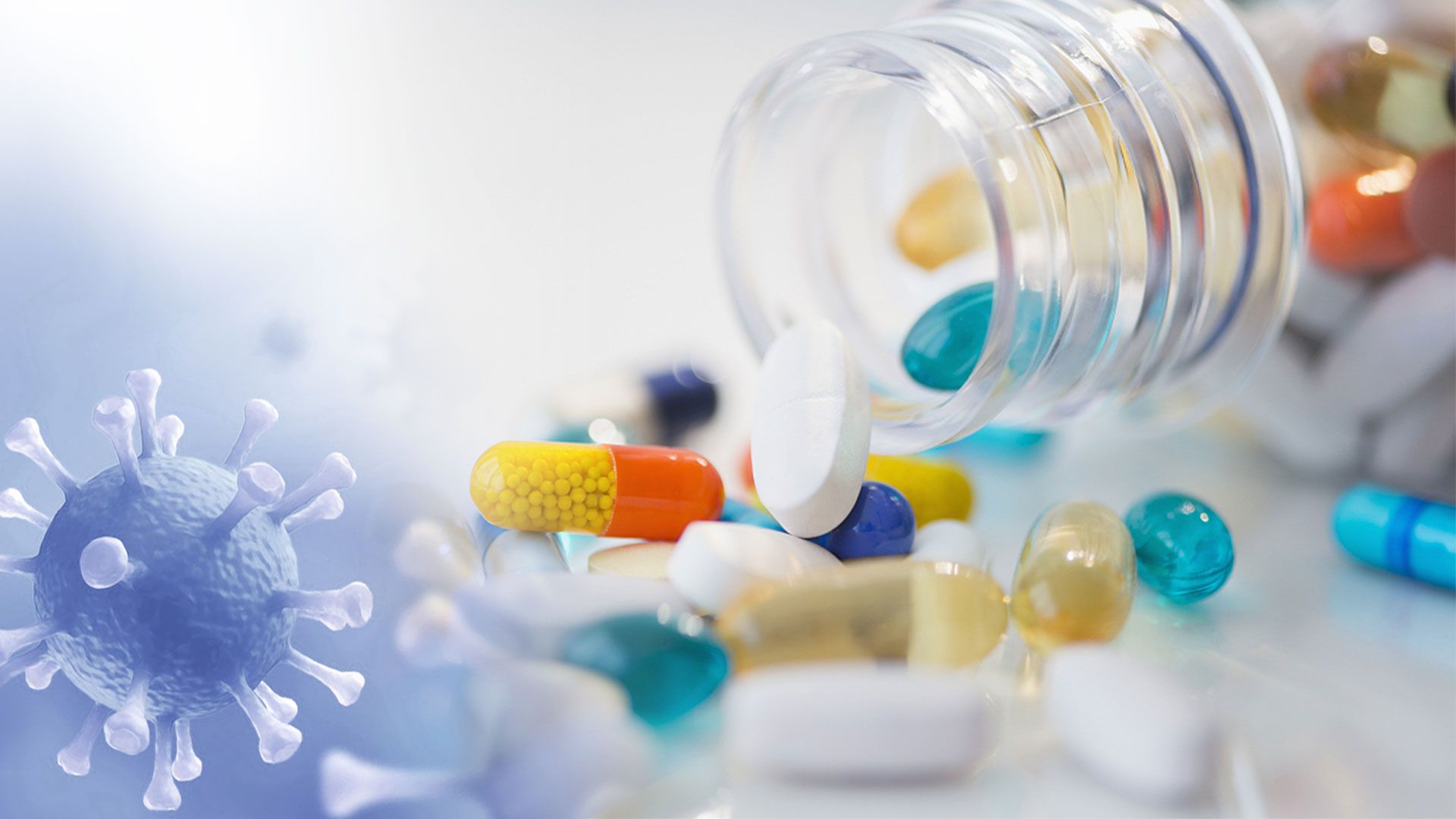Iverheal 12 mg is not FDA approve for treating COVID-19 patients. COVID-19 patients undergoing clinical research, for example, in an ongoing study, are best treate with ivermectin.
The use of ivermectin products intends for animals we are not permitted for humans. In contrast to human products, veterinary products contain much more ivermectin than those approved for use on humans.
What’s Ivermectin?
- Ivermectin tablets have been approving by the FDA for the treatment of intestinal parasitic parasite worm infections. They are effective against both Onchocerca volvulus and Strongyloides stercoralis.
- Ivermectin has been us to treat many viruses.
- To determine whether Ivermectin can treat COVID-19, clinical studies were conducte on individuals. Further studies are need.
- Ivermectin can be us safely by humans, but only in the recommend dose
- SARS-2 (severe acute Respir syndrome coronavirus 2) is the virus that causes COVID-19 (coronavirus-related disease 2019).
Is Ivermectin an FDA-approved medicine?
Ivermectin tablets, also known as Stromectol, are FDA-approved medications for treating intestinal parasites Strongyloides Stecoralis and Onchocerca Volvulus.
Iversun 6 Cream 1.1% (Soolantra can be FDA approved for treating Rosacea). Ivermectin is not FDA-approved to treat COVID-19. Ivermectin tablets may also be used off-label to treat a variety of other conditions. Ivermectin should only be used for animals.
The WHO Living Guideline for COVID-19 & Therapeutics: Ivermectin
The WHO Therapeutics & COVID-19 Living Guidelines are the WHO’s most up-to-date guidelines for COVID-19 treatment. The group recommends that ivermectin not be used in patients with COVID-19 unless it is being done in a clinical setting. This recommendation is based on a review of clinical trials in which ivermectin was used to treat COVID-19. Some of the Ivermectin trials in COVID-19 are still uncertain
- high risk of bias
- The risk of imprecision is very high.
Ivermectin has fewer randomized controlled studies (RCTs) than other COVID-19 treatments. It is necessary to conduct more RCTs and collect better evidence in order to determine if ivermectin is effective in treating COVID-19.
The NIH CoVID-19 Treatment Guidelines for Ivermectin
The NIH COVID-19 treatment guidelines are the most up-to-date recommendations from the National Institutes of Health for COVID-19 treatment. Ivermectin should not be used in COVID-19 therapy, according to the NHI panel.
The panel reviewed a variety of studies before making its recommendation. These outcomes range from no benefit or worsening to reduced mortality to shorter time periods for COVID-19 symptoms to no improvement.
- insufficient information
- Important methodological limitations (small study size) important methodological limitations
Recent clinical trials (TOGETHER I-TECH trial EPIC) have highlighted the limitations of earlier studies. These studies have not been able to provide any evidence that ivermectin slows down or stops the progression of COVID-19.
The NIH stated that there are a variety of medications that have been proven to be clinically beneficial in COVID-19 treatment.
The NIH panel is expected to review new data regarding the use of Ivermectin in COVID-19. These include the expected outcomes from two large ongoing, randomized controlled trials.
The Ivercor Covid-19 Trial
The IVERCOR COVID-19 trial was a double-blind placebo-controlled study that included more than 501 patients. Patients were forbidden from consuming chloroquine or hydroxychloroquine.
- The Ivermectin treatment group had a 5.6 percent hospitalization rate, while the control group had 8.4 percent. However, the difference was not statistically significant.
- There were no statistically significant differences between the two treatment groups in terms of the median time from patient enrollment to hospitalization.
- There was no statistically significant difference between the time the patient was enrolled in the study and the time the patient received invasive mechanical ventilation aid (VMS) Ivermectin therapy. The duration of the treatment for the control group was 10 days.
These were the research’s weaknesses:
- Patients with a low percentage are more likely to admit to the hospital.
- This sample includes people of middle age who were not hospital more than the threshold of 10%
- Ivermectin Blood levels were not measure so it’s unclear if a therapeutic level has been achieving.
- It was impossible to determine the severity of COVID-19.
Principle Trial
Currently, the trial studies COVID-19 patients in communities at high risk for developing serious diseases. The participants in the ivermectin portion of the study will include:
- Between the ages 18 and 64
- With an underlying medical issue or breath shortening caused by COVID-19
- You must join the trial within 14 days of the onset or after a positive test.
- The patient will treate with oral Ivermectin for three days
- These patients will compare with those who receive standard NHS COVID-19 care.
How do I know Ivermectin should be working on COVID-19?
- In order to infect your body, the virus must first infect with cells.
- This cell makes many copies of itself, which allows it to spread throughout the body.
- There are also ways to lower the body’s resistance to disease.
- When a virus is infecte, it releases virus proteins into the cell’s cell nucleus. They can hinder the body’s ability to fight the virus, causing the virus to get worse.
- Viral proteins must be able to connect to a cargo carrier to allow them to enter the nucleus.
- Ivermectin may block the cargo transporter. This would mean that the virus’ proteins won’t be able to enter the nuclear sphere.
- Ivermectin is thought to be able to help the body fight the infection. It is also believed that viral proteins are not a factor in the body’s ability to fight the infection.




